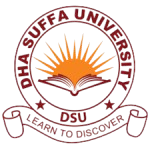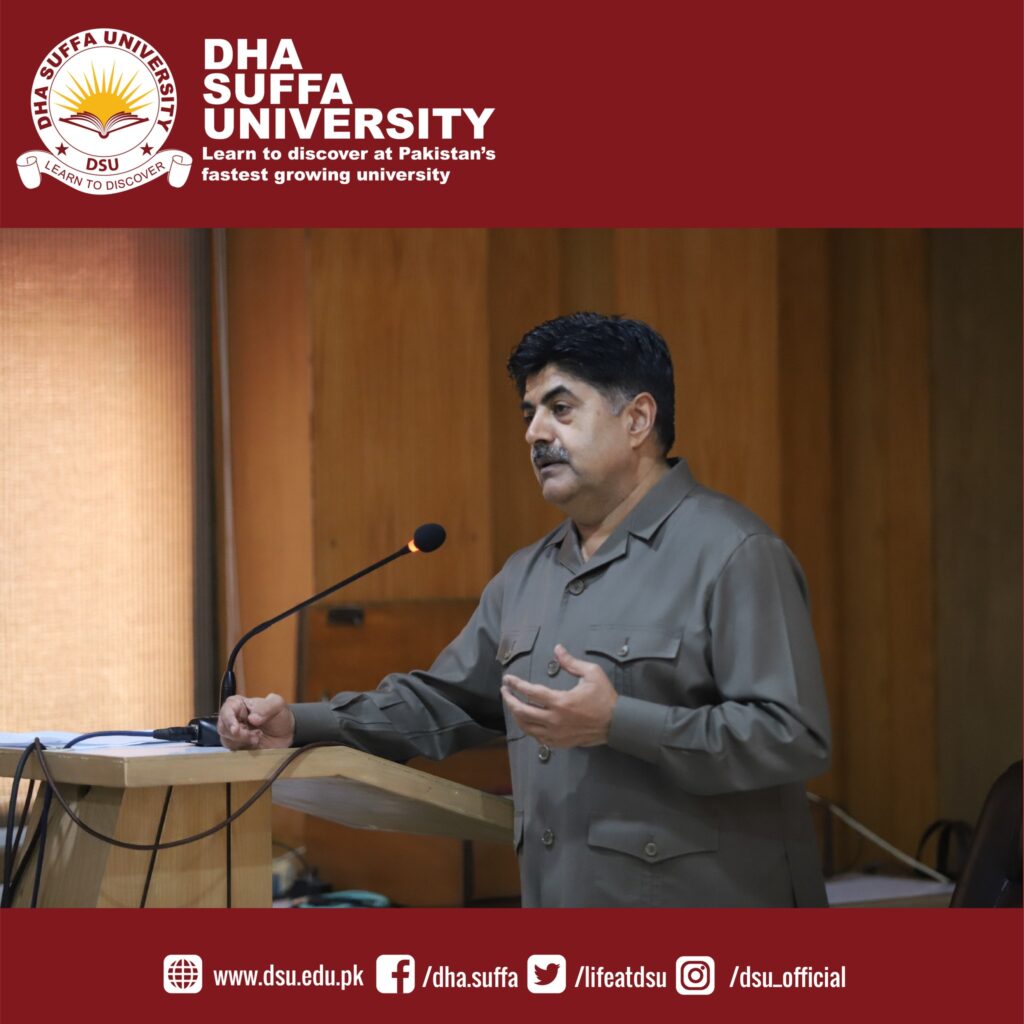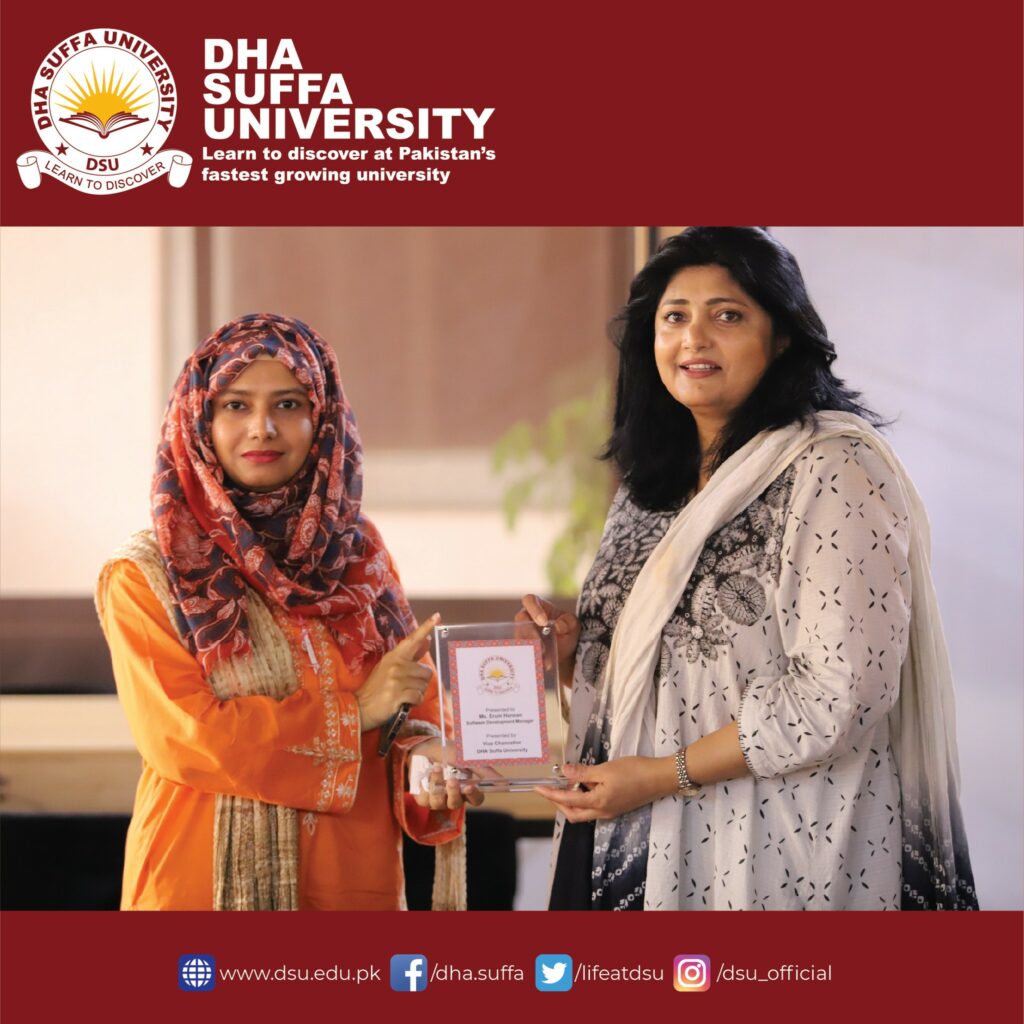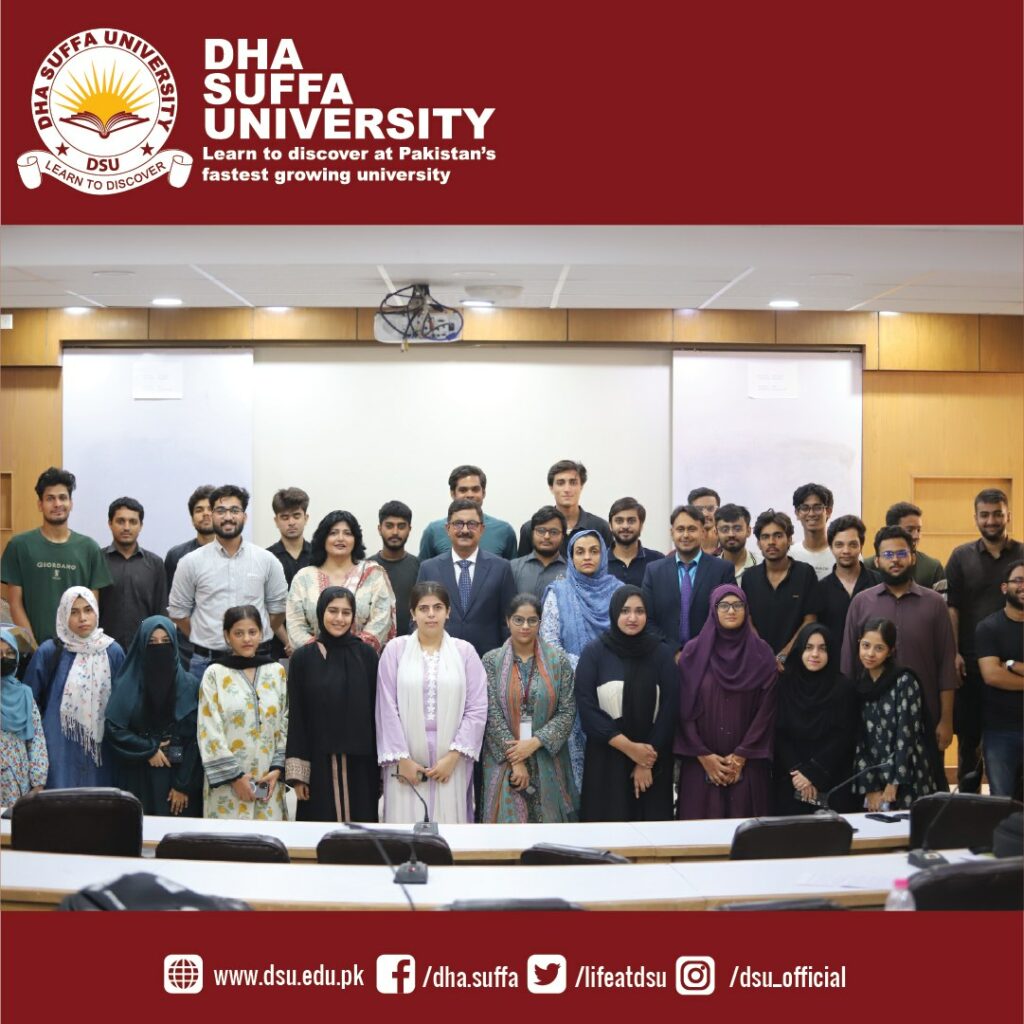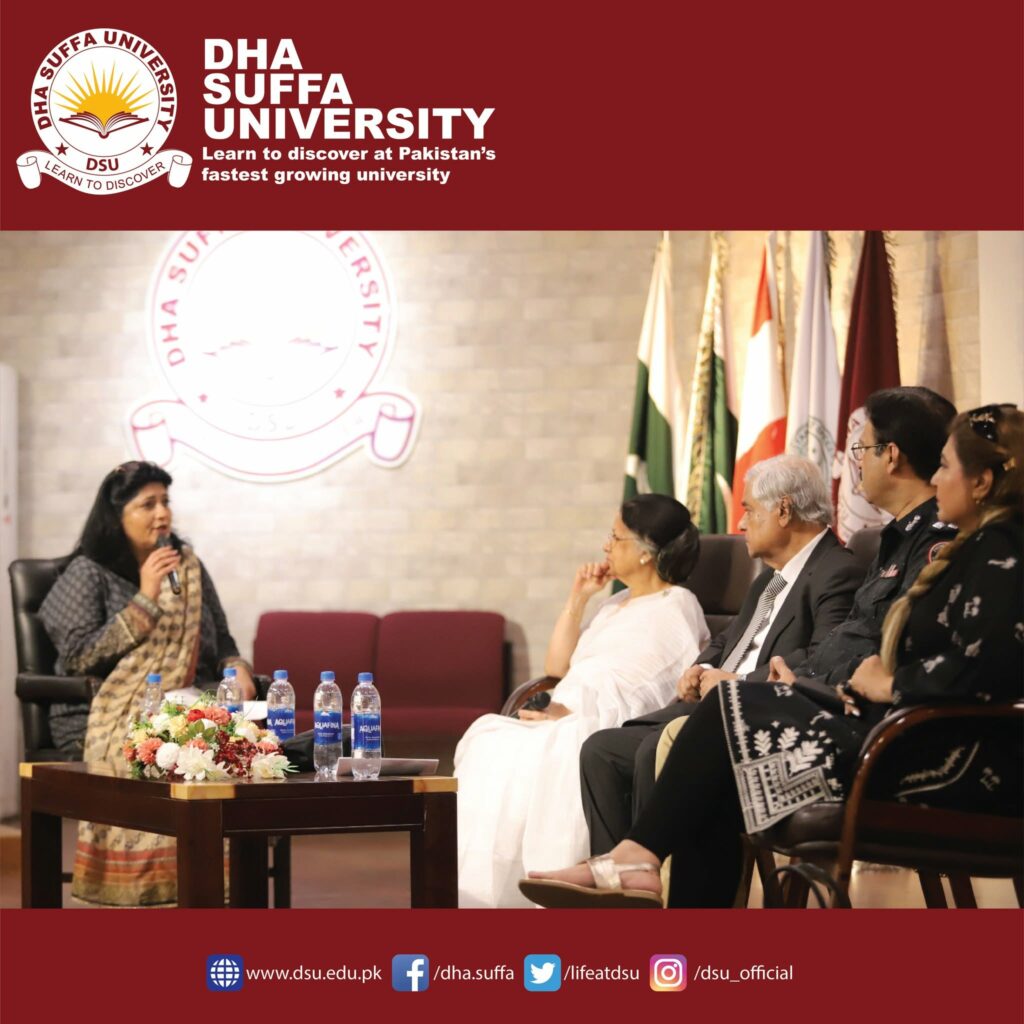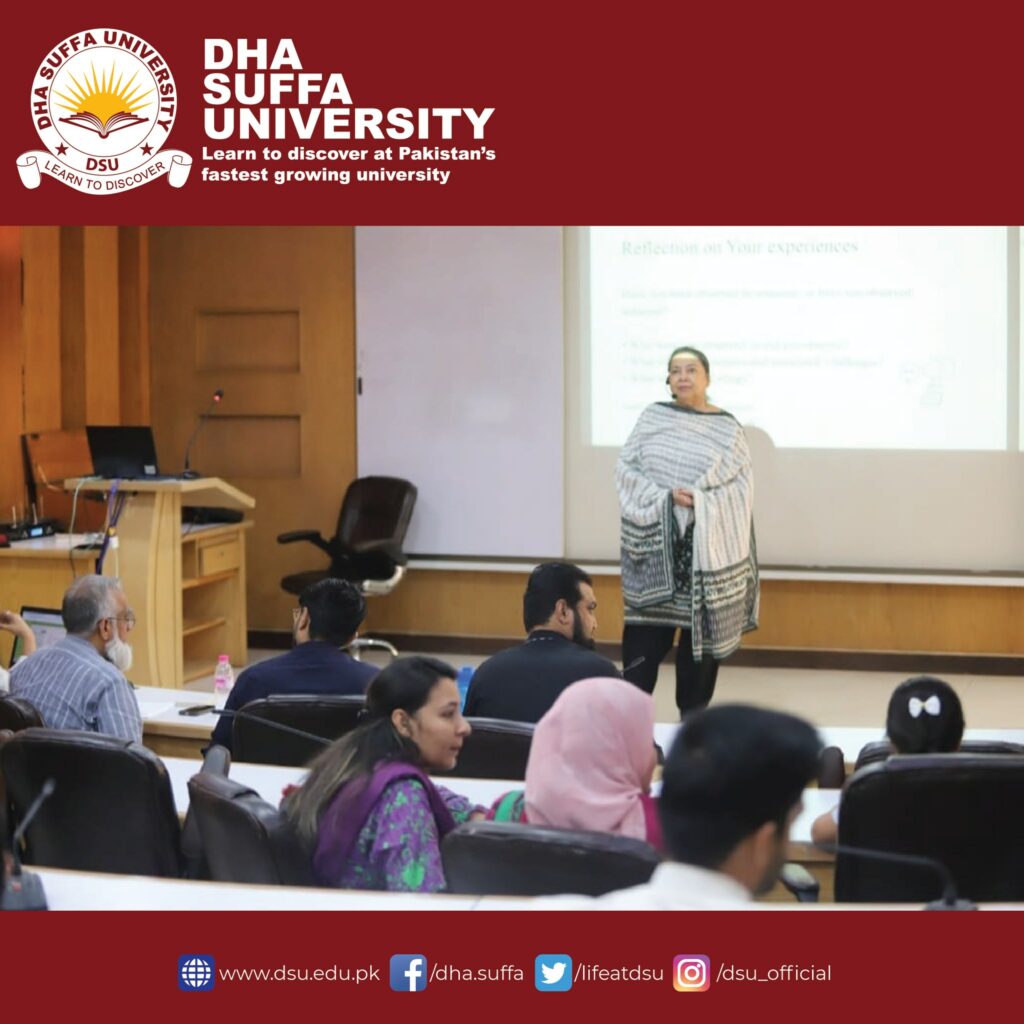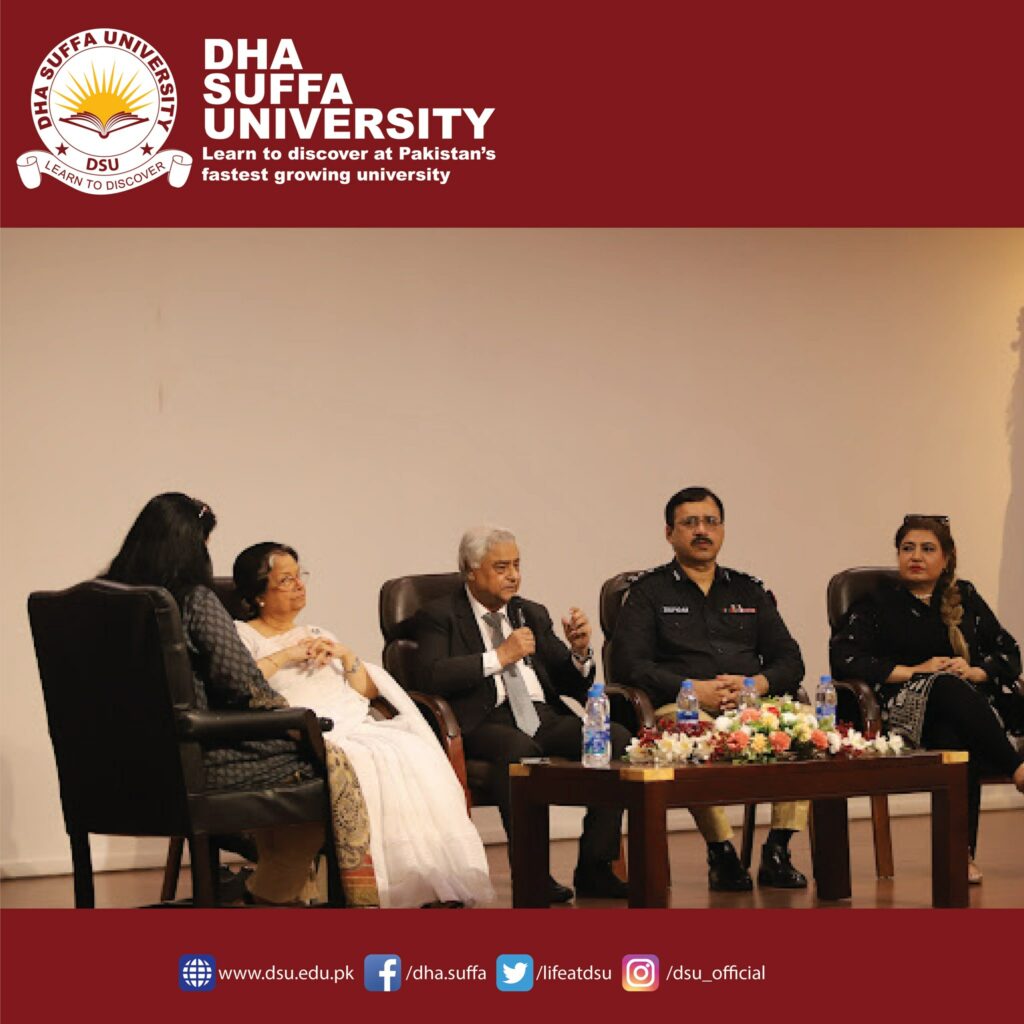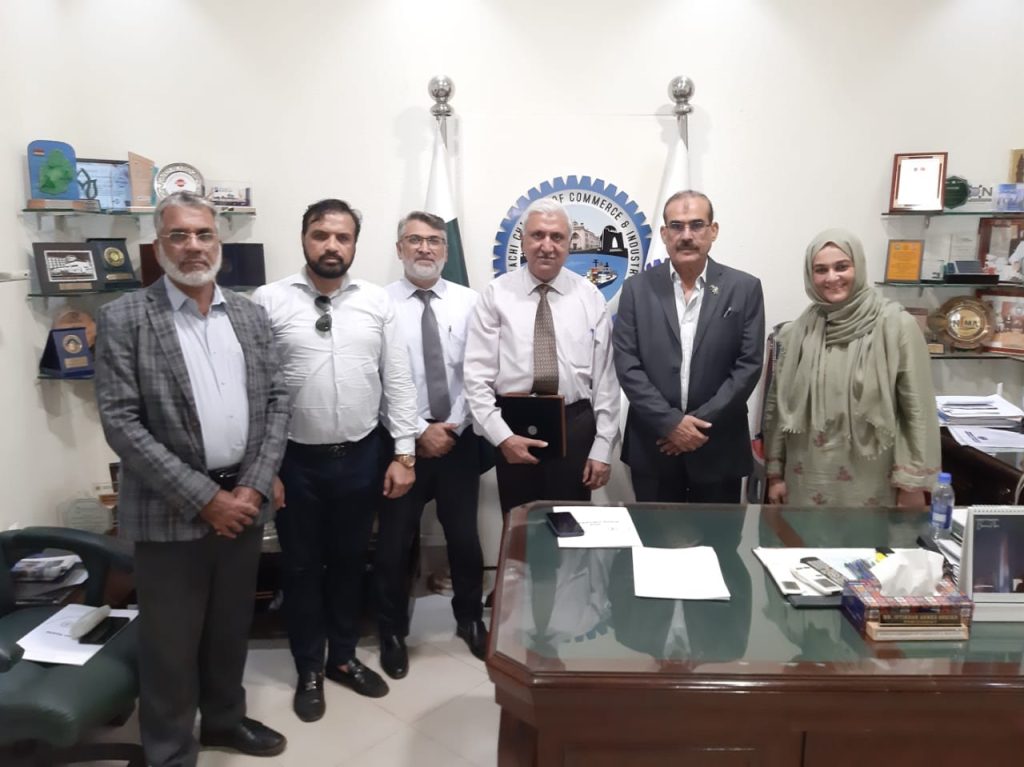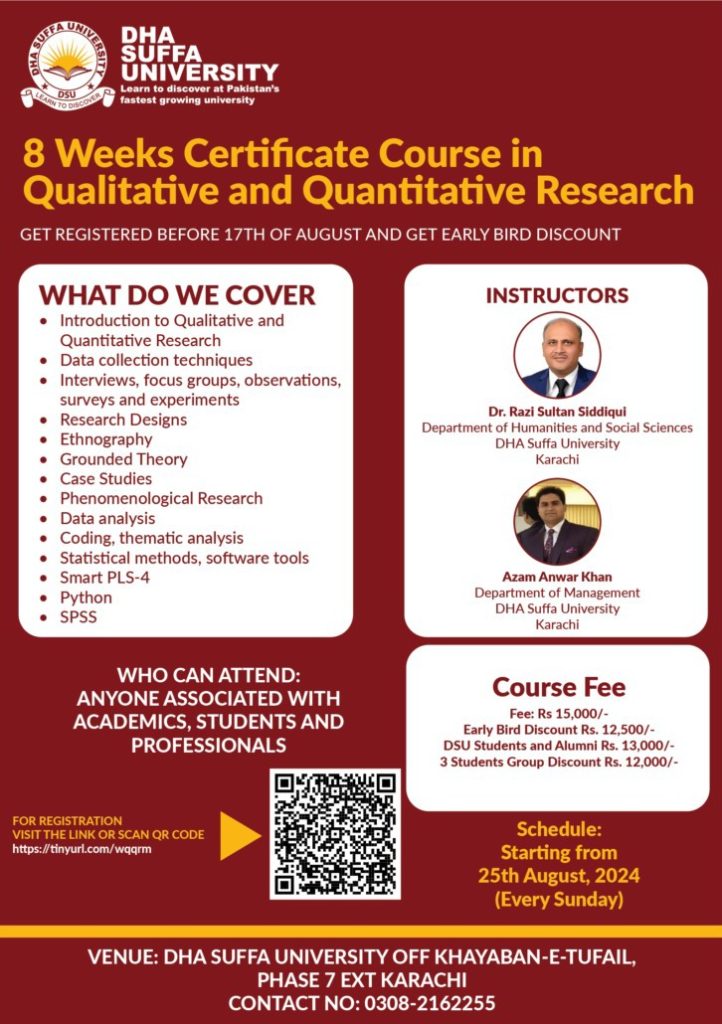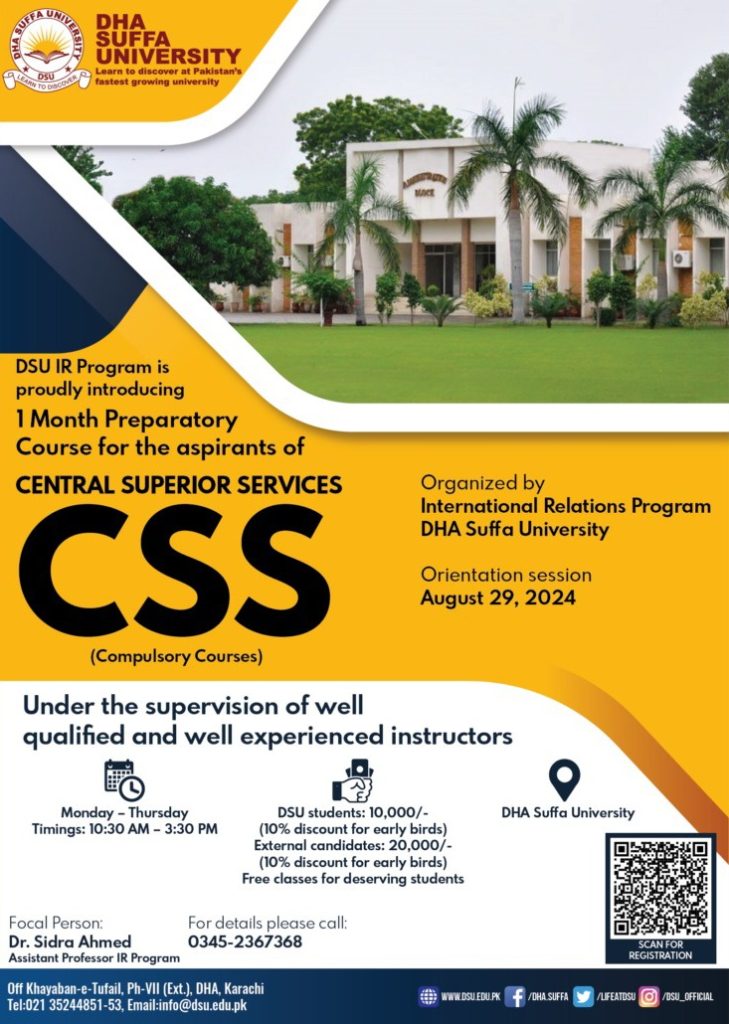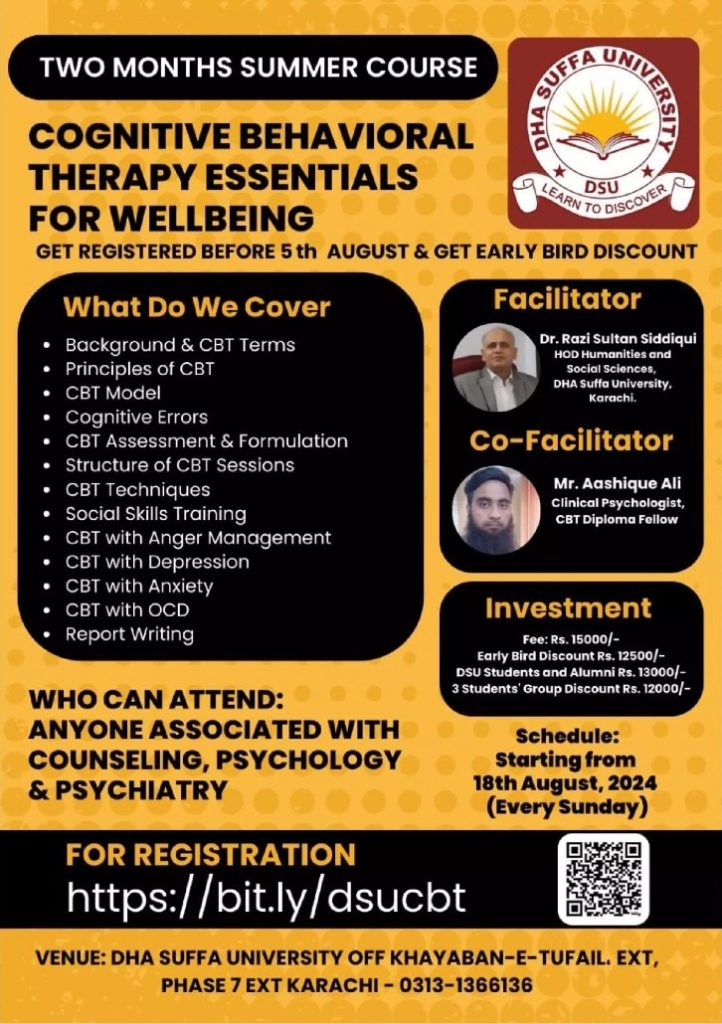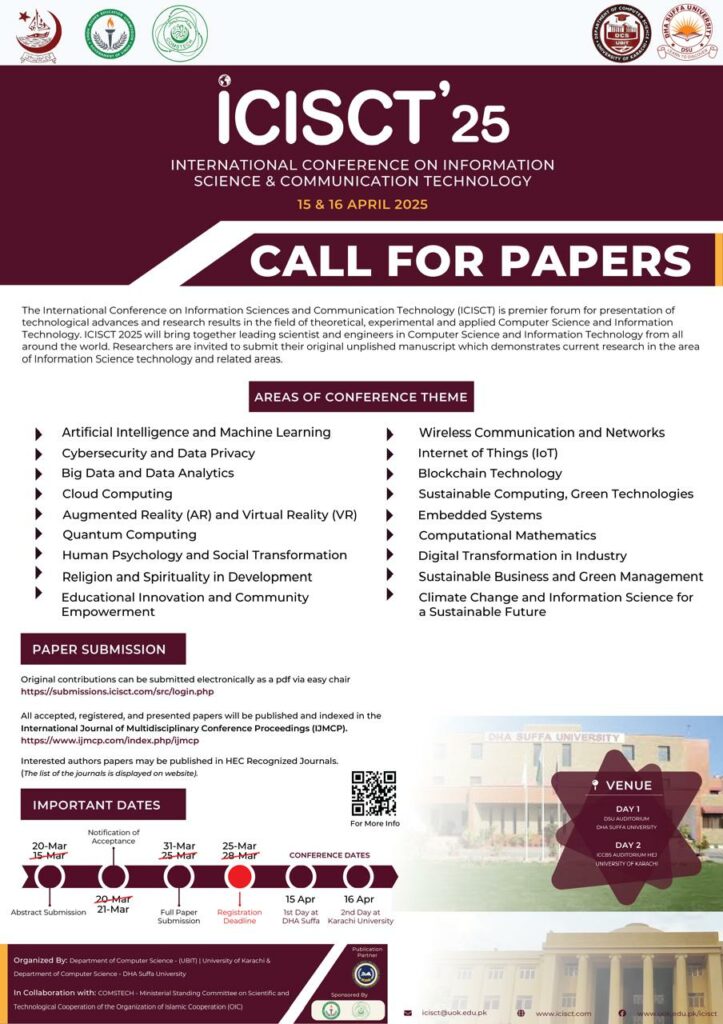DHA Suffa University’s(PDC) hosted an insightful session on “Pathways to Public Service: Understanding Federal & Sindh Public Commissions and Civil Bureaucracy” on June 23, 2025. The session aimed to educate and inspire students about careers in civil services like CSS and PMS.
We were honoured to welcome three esteemed speakers: • Mr. Niaz Siddiqui (Former IGP, Sindh Police) • Mr. Syed Anwar […]
